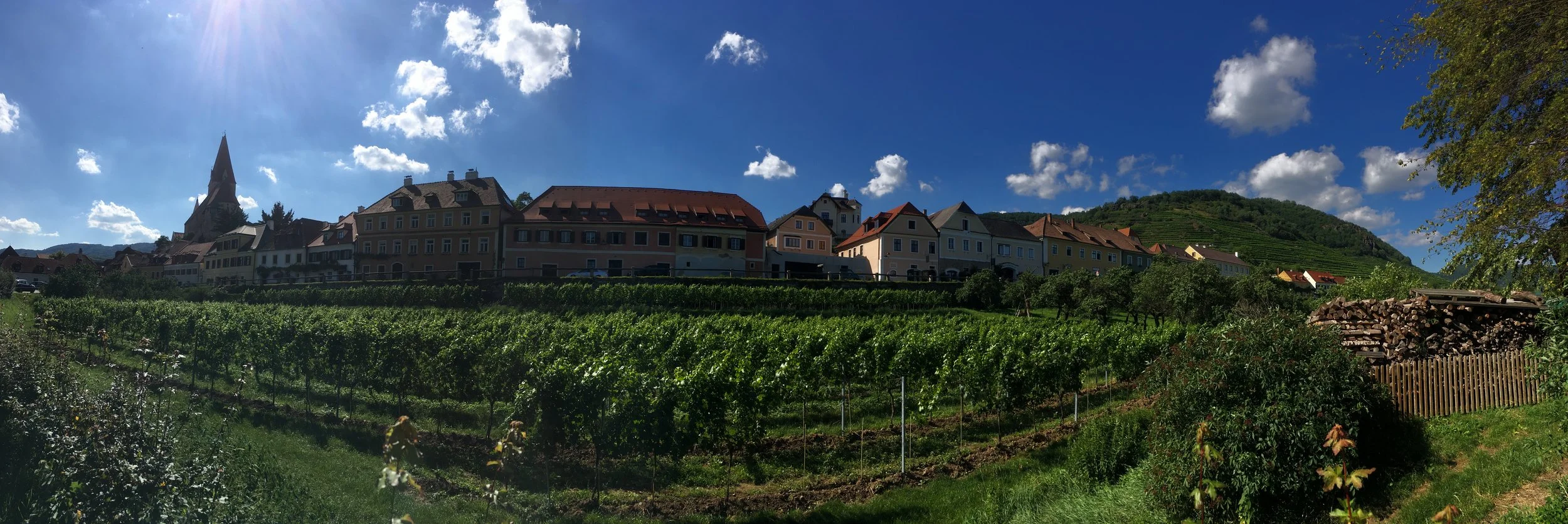Countries visited: Indonesia (Bali, Sumatra, Papua), Hong Kong, Macau
LOCAL STORIES
I was pretty bad at consuming HK lit/media while there, mostly because I was too busy meeting up with friends/family an stuffing my face with ALL THE EGG TARTS. I’ll catch up in San Francisco (which is kind of HK lite, anyway...).
Sitting somewhere between Chinese folklore and futuristic science fiction is the sometimes uneven, but often excellent, short story anthology: The Paper Menagerie by Ken Liu. The titular story absolutely slays me.
OPIOID WARS
Theres been plenty of excellent journalism around the opioid crisis in the states. Some particularly good ones:
“Trapped by the ‘Walmart of Heroin’” (NYT) - A fascinating look at how difficult it is to make good policy for the twin problems drug abuse and homelessness.
“The Lazarus Drug” (Hidden Brain) - Does Narcane actually result in MORE deaths? The moral hazard argument.
“Treating America’s Opioid Addiction” series (Distillations: Science + Culture + History) - A bit slow (so I’m still working my way through it), but an interesting take on the history of addiction and treatment.
RANDOM STORIES
“The FBI of The National Park Service” (Outside) - I love reading about strange jobs, and this one is pretty wild (bad pun intended).
“The Snapchat Thief” (Reply All podcast) - A slightly hokey episode, but one that pretty effectively drives home just how bad most of us are at protecting our privacy/data and how easy it is to have our digital identities stolen.
“How Russia Helped Swing the Election” (New Yorker) - A nonpartisan academic and fact-checking expert’s assessment of how likely Trump’s win is attributable to Russian interference (spoiler alert: it probably is). It also asks an interesting question of why we are requiring a higher burden of proof on this question than we would for ordinary criminal legal matters (she argues we’re asking for 100% certainty rather than “beyond reasonable doubt”).
“The Myth of Meritocracy” (Guardian) - A philosophical take on why meritocracy and policies of “equality of opportunity” are unethical. I find such arguments quite compelling - my favorite philosophy reads at Oxford were around this topic.
“A Man’s Last Letter Before Being Killed on a Forbidden Island” (NYT) - Crazy that, even in 2018, places as remote as the North Sentinel Islands still exist.
StartUp’s “Success Academy” mini-series - An engaging look at a controversial charter school network. (Personally I have no firm opinion on charter schools, so I find it interesting to hear both sides of the argument.)
DYSTOPIA
In case the current world is not dystopian enough for you...
Station Eleven by Emily St. John Mandel - Werner finally read this beautifully visual dystopian novel about a traveling group of musicians/actors trying to produce beauty and art in a desolate land. I read it a couple years ago and loved it.
Handmaids Tale by Margaret Atwood - I’ve never watched the show but quite enjoyed the book, which is paced just fast enough to be a page-turner and knows when to end. (I couldn’t really imagine wanting to immerse myself in multiple TV seasons of this world...)
Not recent reads, but if you’re into dystopias / this type of sci-fi, you should also read The Power by Naomi Alderman (what happens if women became physically stronger than men) and The Dog Stars by Peter Heller (a dark, moody book about a man, his dog, and his trigger-happy neighbor trying to defend their land/lives in a post-apocalyptic world).








